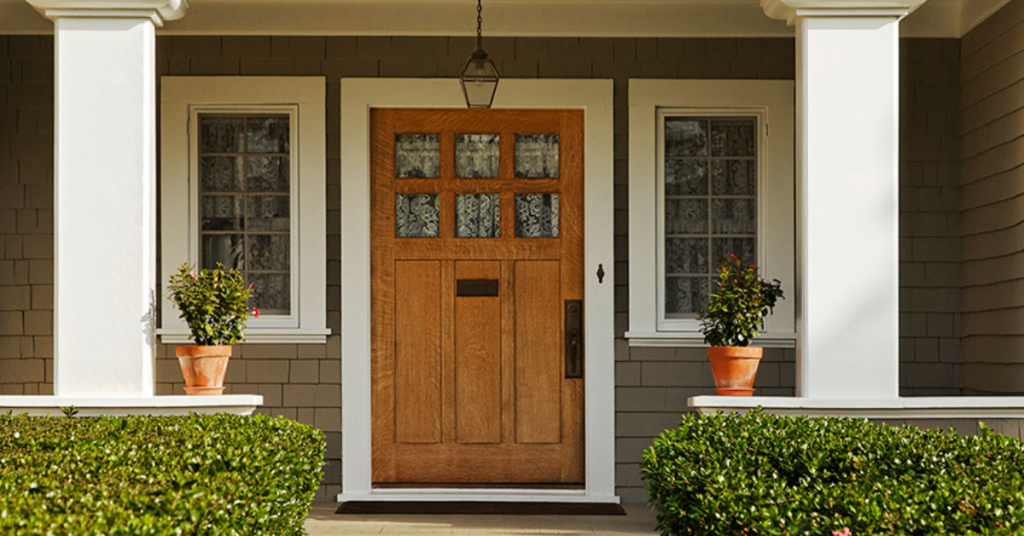
Maybe. But you don’t want to—and here’s why.
Legally, you can own a home without homeowners insurance. However, in most cases, those who have a financial interest in your home—such as a mortgage or home equity loan holder—will require that it be insured. And, for your own ongoing financial protection, you’ll want your home to have adequate homeowners coverage, as well.
Your mortgage lender will require homeowners insurance
Home buyers looking to finance their purchase will quickly learn what those who have a mortgage already know—your bank or mortgage company will most likely require you to get homeowners insurance coverage. That’s because lenders need to protect their investment. In the unfortunate event your house burns down or is badly damaged by a hurricane, tornado or other disaster, homeowners insurance safeguards them (as well as you) against financial loss.
If you live in an area that is likely to flood, the bank or mortgage company will also require you to purchase flood insurance. Some financial institutions may also require earthquake coverage if you live in a region vulnerable to seismic activity.
If you buy a co-op or condominium, you are buying a financial stake in a larger entity. Therefore, your co-op or condo board will probably require you to buy homeowners insurance to help financially protect the entire complex in the event of a catastrophe or accident.
Homeowners insurance will offer ongoing financial protection
After the mortgage on your house is paid off, no one will force you to buy homeowners insurance. But your home may well be your largest asset and a standard homeowners policy not only insures the structure; it also covers your belongings in case of a disaster and offers liability protection in the event of an injury or property damage lawsuit.
Will all the money and care you’ve invested in your home—and life—it’s advisable to guard against financial risk and always keep a homeowners policy in force.
To read the full article, click here.